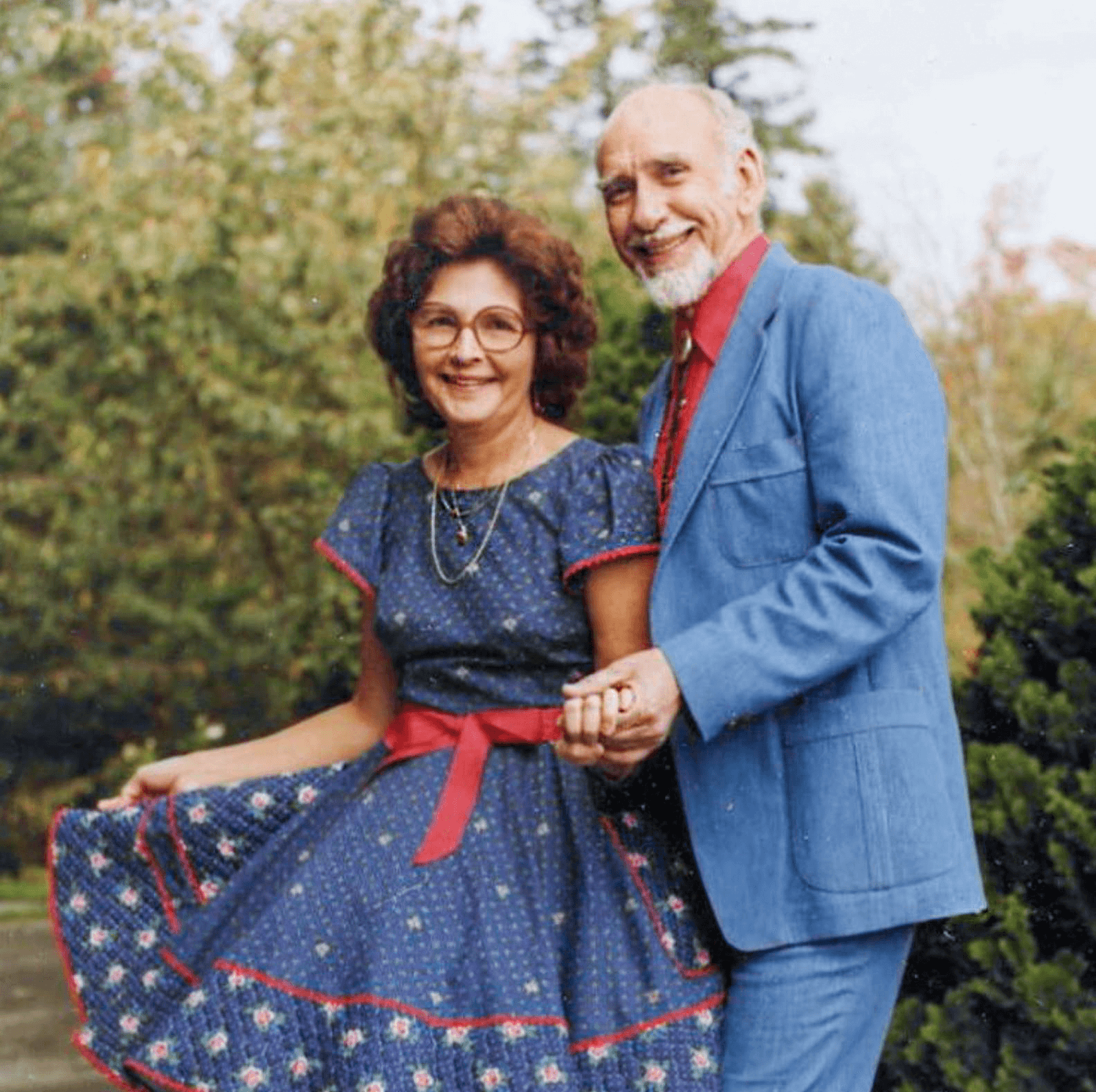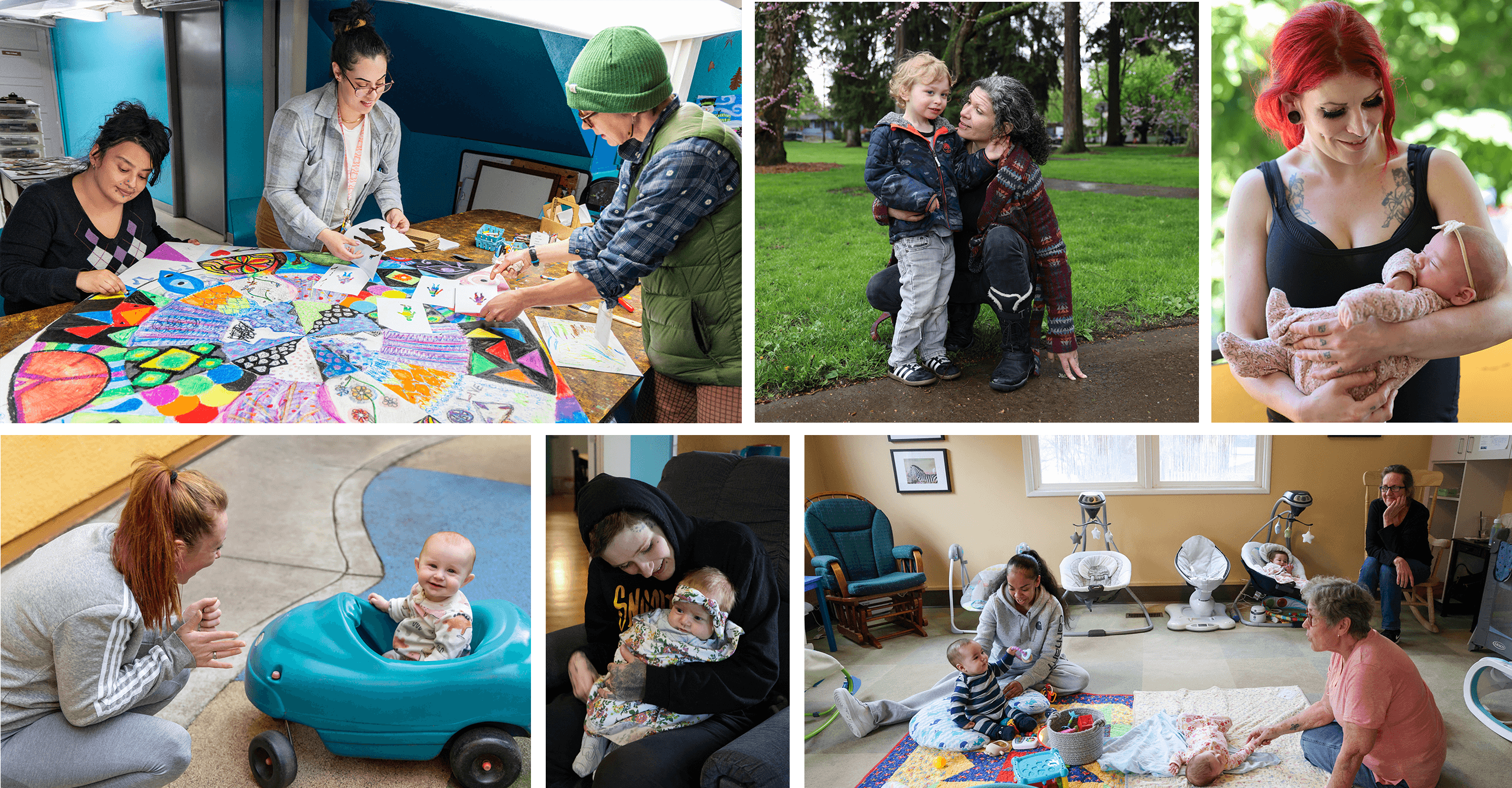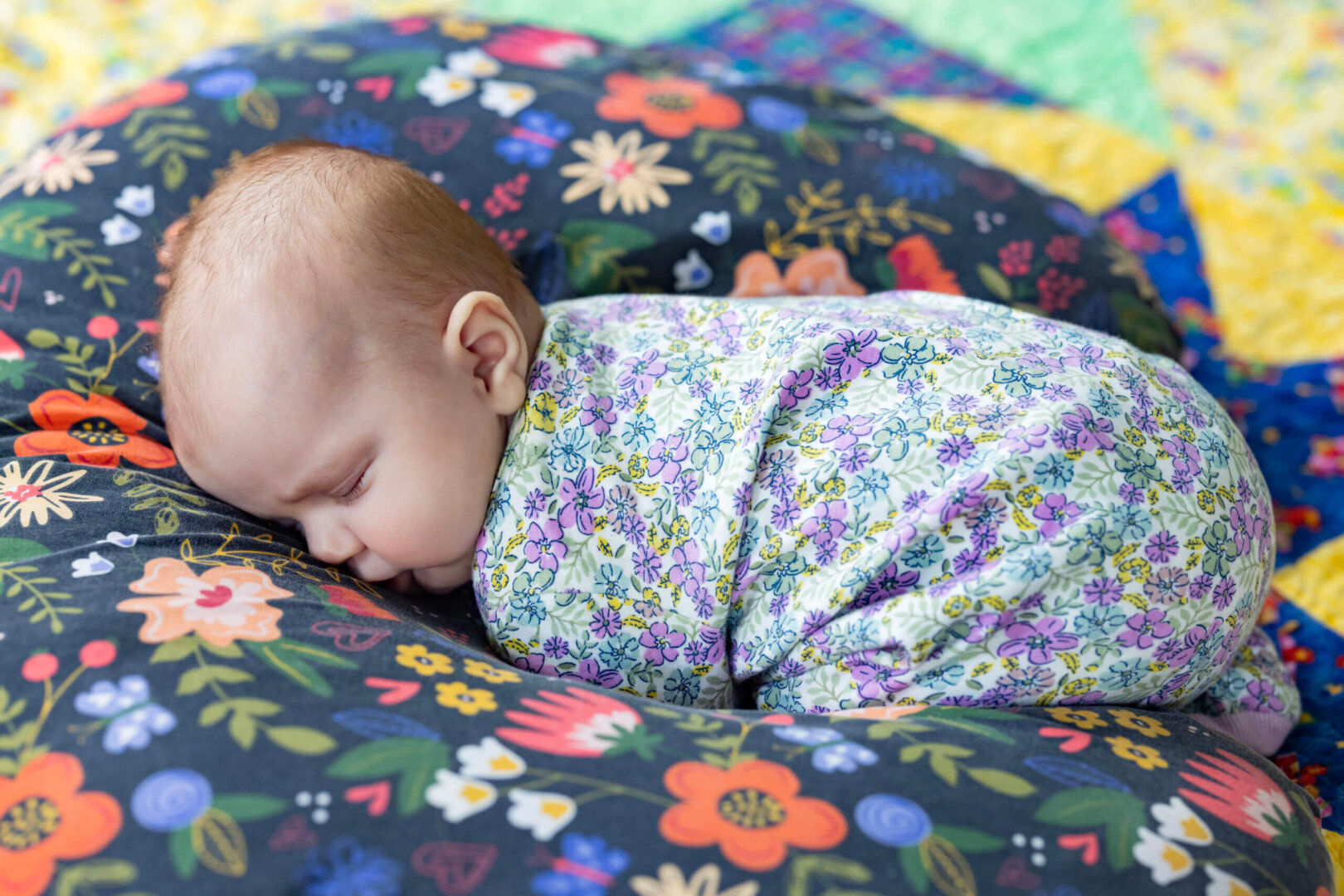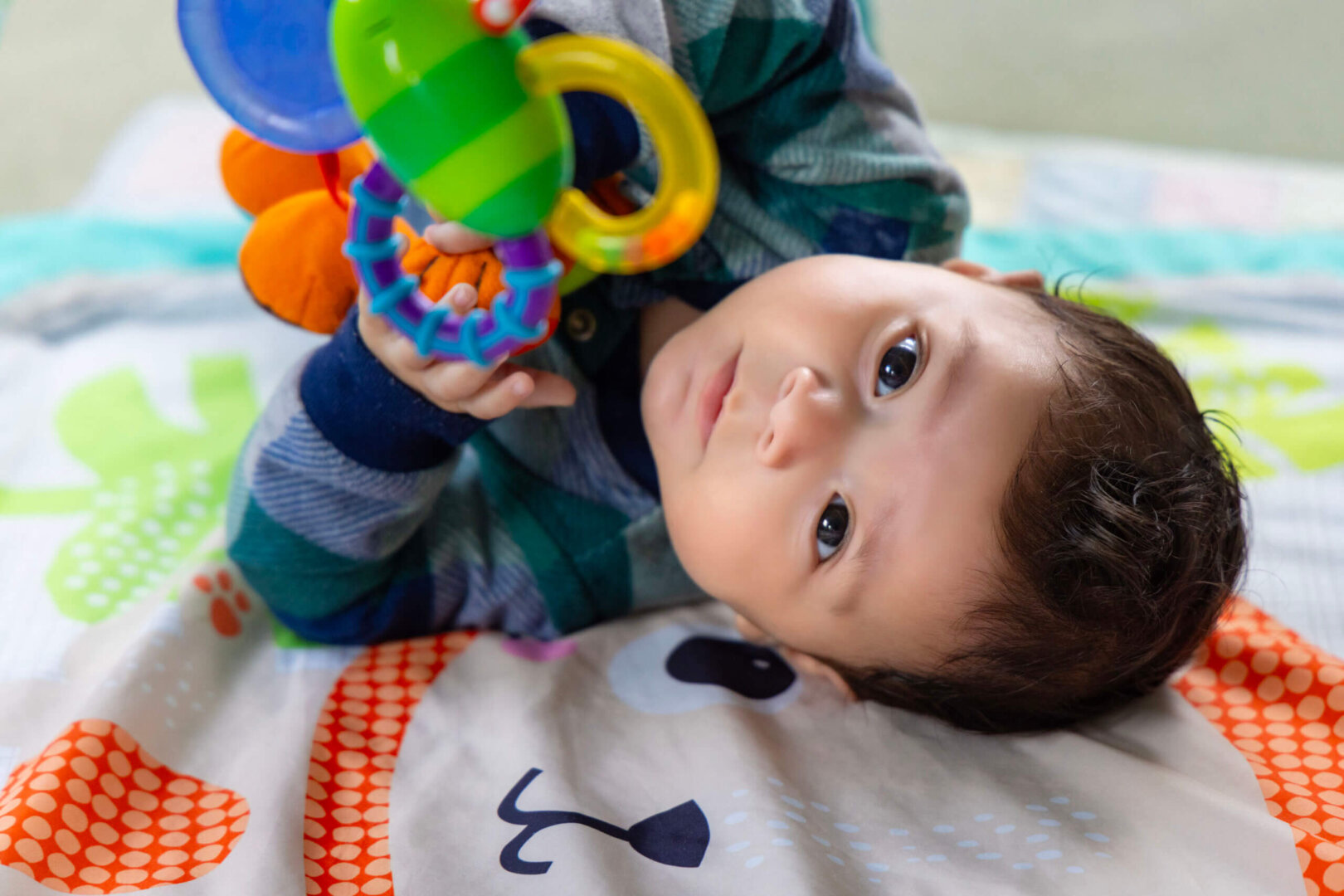back to all blog posts
Letty Owings Center: Where Recovery Takes Root and Families Heal
Monday, June 30, 2025Note to reader: To respect privacy, clients are identified by their first initial only.
Since opening its doors in 1989, Letty Owings Center (LOC) has helped over a thousand women reclaim their lives from substance use disorders—and welcomed hundreds of babies into the world drug-free. This 29-bed residential treatment facility offers a safe, inclusive space where women can live with their children while working toward sobriety, healing, and stability. It’s a place where mothers rediscover hope and reconnect with their children—children who might otherwise be placed in foster care.
The center is named after Letty Owings, a teacher with the Lake Oswego School District and, more importantly, a mother. In the 1980s, when her daughter—also a mother—struggled with addiction, Letty discovered a severe lack of recovery resources for moms in Oregon. Determined to create change, she found a house with enough space for a handful of women and children to live together and support each other in recovery. That vision grew into what is now the Letty Owings Center: a professional treatment facility licensed by the State of Oregon.
“When you help one person, there’s no way for you to know how many differences you’re making […] not just for that person, but for all their relationships. It’s amazing.” –Letty Owings

LOC is staffed 24/7 by a multidisciplinary team of 35 professionals, including addiction counselors, a mental health specialist, a nurse, an art therapist, case managers, peer support specialists, childcare providers, treatment assistants, kitchen staff, and administrative leaders.
“Everything we do at Letty, we do as a team,” says LOC Director Tina Bialas. “Our staff are some of the most passion-fueled people I’ve ever worked with. We know our work can literally mean the difference between life and death. We’re helping mothers build better futures—not just for themselves, but for their children.”
Meeting Women Where They Are
Women come to LOC through many paths: self-referral, child welfare agencies, medical professionals, or probation officers. “Many arrive with only the clothes on their backs and maybe a small bag,” Tina says.
Upon arrival, each woman undergoes a comprehensive intake process that includes an assessment of her substance use disorder, a physical evaluation by a nurse, and a mental health screening. Most have received little to no medical, behavioral health, or addiction treatment before coming to LOC.
Women typically stay for six months and engage in a structured program that includes individual and group counseling, life skills training, art therapy, and shared responsibilities. Each client is paired with a case manager who helps navigate everything from medical care to court dates to housing resources. Infants are cared for in an on-site nursery licensed by the state, while older children attend an external daycare.

Real Stories from LOC Clients
Urgent Care from Day One

M spent her entire pregnancy living in a tent with her boyfriend. She didn’t know she was pregnant until three months before giving birth. When she went into labor, they didn’t have a phone, so her boyfriend flagged someone down to call an ambulance.
“The ambulance came to our tent,” she recalls. “At one point, I reached down and was like, ‘What is that?’ and the EMT said, ‘Those are the feet.’ I was freaking out. I’m just glad I made it to the hospital—because I don’t think my daughter would have survived. And that would have broken me. She’s so important and so amazing.”
After giving birth, M and her newborn came to LOC to recover and rebuild.
Healing from Guilt and Shame

L’s story is also shaped by trauma and resilience. After her mother died, she relapsed on fentanyl and meth. Then she learned she was pregnant.
“I knew I couldn’t just stop using, because that can be dangerous for the baby,” L says. “I felt trapped.” After giving birth, her newborn spent three weeks in the NICU detoxing from fentanyl with morphine and clonidine. “She still gets little tremors, but she’s doing really good. It broke my heart to see her like that. I blamed myself for not getting into treatment sooner.”
Much of the healing at LOC centers on helping mothers work through the guilt and shame of addiction—and caring for babies who were born dependent on substances. The facility is secure, providing a rare sense of physical and emotional safety for women who have often experienced domestic violence or unsafe living situations. “We provide a space where moms can finally come out of survival mode,” says Tina. “Only then can they begin to really think about change.”
Unlike outpatient programs, LOC offers a comprehensive, around-the-clock treatment environment. Clients eat, sleep, bathe, and receive services all under one roof, allowing for deep relationship-building between staff and residents—and among the women themselves.
“They give each other parenting advice and share difficult stories,” Tina says. L adds, “I’ve learned that just because I messed up, it doesn’t mean I’m a bad person. The women here are non-judgmental. I felt more welcome here than anywhere else. Some of the staff have actually gone through treatment here themselves, which is really cool.”


Witnessing Transformation
“We get to watch women transform—week by week,” Tina says. “It’s not just physical; their entire way of being changes. They begin to imagine a future. They become healthier emotionally, mentally, and spiritually.”
Upon completion of the program, many women continue with outpatient treatment, regain custody of their children, enter safe housing, and reconnect with supportive family members.
“There’s nothing better than being able to have your child with you,” says M. “To be supported, to have people go to bat for you in court or with DHS—it’s something a lot of us have never had before. Letty is a rock for us, as long as we’re willing to do the work.”
How to Help
You can support the mothers and children at LOC by visiting our Amazon wishlist to purchase much-needed items like hygiene products, toys, and art supplies or by making a donation.